Education for #GenerationRestoration
The UN Decade on Ecosystem Restoration’s Action Plan identifies 12 priority areas and proposes 30 Restoration Challenges for achieving the UN Decade's goals. Among the 30 Restoration Challenges lies Education Challenge 6.1, which aims to embed ecosystem restoration education (ERE) into formal and non-formal education systems worldwide by 2030 as a critical element of Education for Sustainable Development (ESD).
Led by the Foundation for Environmental Education (FEE), the North American Association for Environmental Education (NAAEE), and UNESCO, the Education Challenge requires the collective effort of governments, educators, students, and communities worldwide to embed ecosystem restoration into our education systems. By doing so, we can create a future where every individual has the knowledge and skills to protect and restore our planet's ecosystems, ensuring a healthy and sustainable future for generations to come.
A Framework for Effective Ecosystem Restoration Education
Together with UNESCO and NAAEE, we’ve drafted a framework for what effective Ecosystem Restoration Education could look like. It includes the following key concepts and the corresponding learning objectives:
Ecosystems Support All Life on Earth (Interconnectedness)
Biodiversity and Resilience
Human-Ecosystem Relationships
Restoration as a Response to Degradation
Community Engagement and Stewardship for Long-Term Sustainability
Let us know what you think Ecosystem Restoration Education (ERE) is all about!
We want to hear from the teachers, environmentalists, conservationists and community members about what YOU think Ecosystem Restoration Education should be all about. Take a look at the Ecosystem Restoration Education Framework, then share your thoughts and comments with us in the following form.

